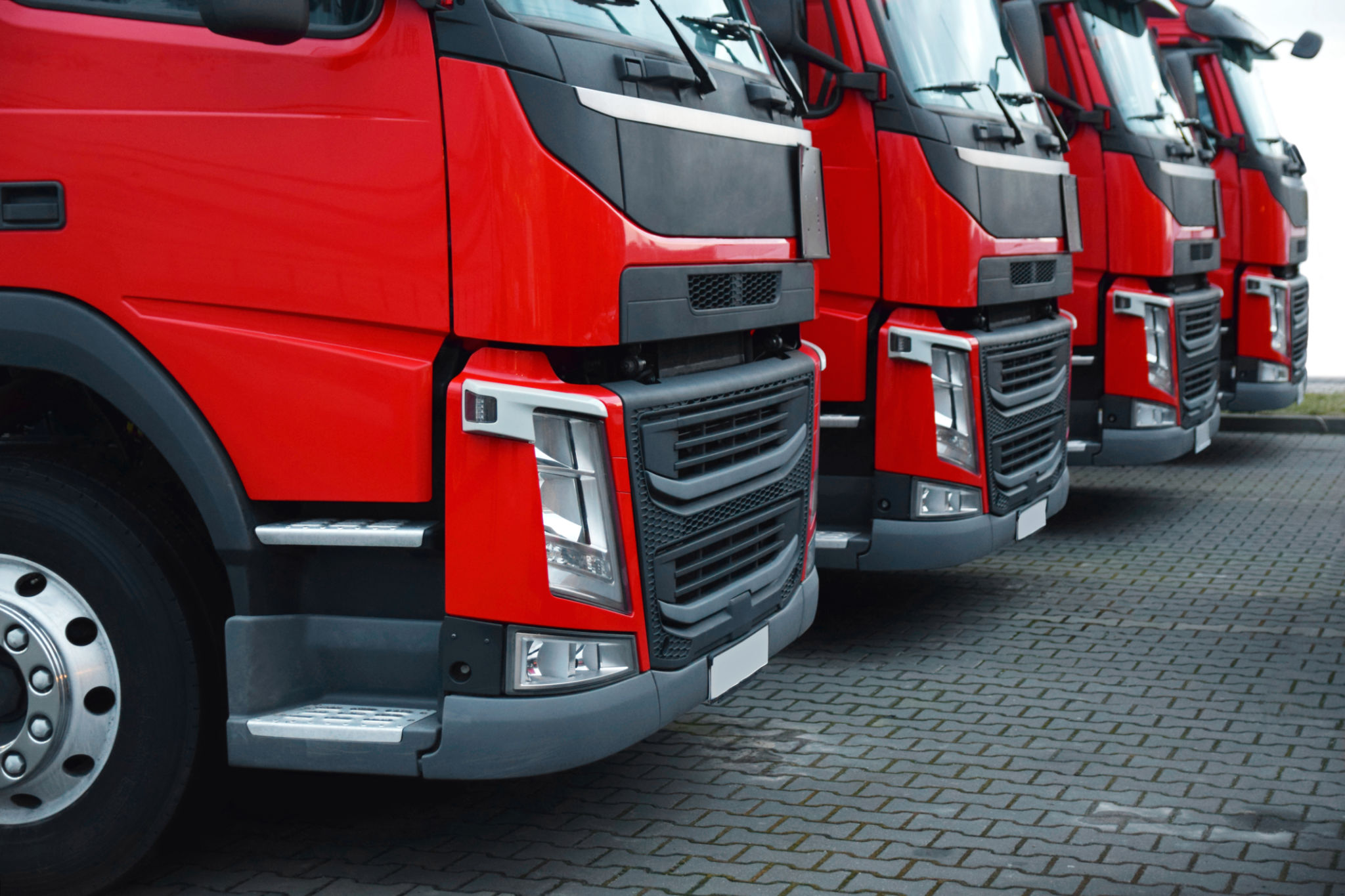Trailer Leasing Systems vs. Buying: A Comprehensive Guide for Businesses
Understanding Trailer Leasing Systems
For businesses that rely heavily on transportation and logistics, the decision between leasing and buying trailers is crucial. Trailer leasing systems offer a flexible solution that can be tailored to the varying needs of a business. Leasing provides companies with the opportunity to use trailers without the commitment of ownership, allowing for easier adaptation to market changes or shifts in demand.
One of the most significant benefits of leasing is the reduced financial burden. Companies can avoid the large upfront costs associated with purchasing trailers, thereby preserving capital for other critical operations. Leasing often includes maintenance and repair services, minimizing unexpected expenses and disruptions.

Benefits of Buying Trailers
While leasing offers numerous advantages, buying trailers outright can also be beneficial for certain businesses. The primary benefit is long-term cost savings. Although the initial investment is higher, owning a trailer eliminates ongoing lease payments, which can result in significant savings over time.
Owning a trailer also provides businesses with greater control over customization and usage. Companies can modify trailers to meet specific needs without negotiating terms with a leasing provider. Furthermore, owned trailers can be considered as assets, potentially improving a company's balance sheet.

Key Considerations for Decision-Making
When deciding between leasing and buying, businesses must consider several factors such as budget constraints, usage frequency, and long-term business goals. Budget limitations often play a pivotal role, as leasing requires lower initial expenditure compared to purchasing.
Usage frequency is another crucial factor. Businesses with consistent high-volume transportation needs may find buying more cost-effective in the long run. Conversely, companies with fluctuating or seasonal demand could benefit more from the flexibility of leasing.
Comparing Costs and Benefits
To make a well-informed decision, it's essential to conduct a thorough cost-benefit analysis. Consider the following steps:
- Calculate the total cost of ownership, including purchase price, maintenance, insurance, and depreciation.
- Assess the total cost of leasing over a similar period, factoring in lease terms, maintenance included, and any potential fees.
- Evaluate potential tax implications for both options.

Industry-Specific Needs
Different industries have unique needs that can influence the decision to lease or buy. For instance, businesses in rapidly changing markets might prefer leasing to keep up with technological advancements or regulatory changes. On the other hand, industries with stable demands might benefit from the stability and predictability of owning assets.
Ultimately, the choice between leasing and buying trailers should align with a company's strategic objectives, financial health, and operational requirements. By carefully weighing the pros and cons of each option, businesses can optimize their logistics operations and ensure sustainable growth.